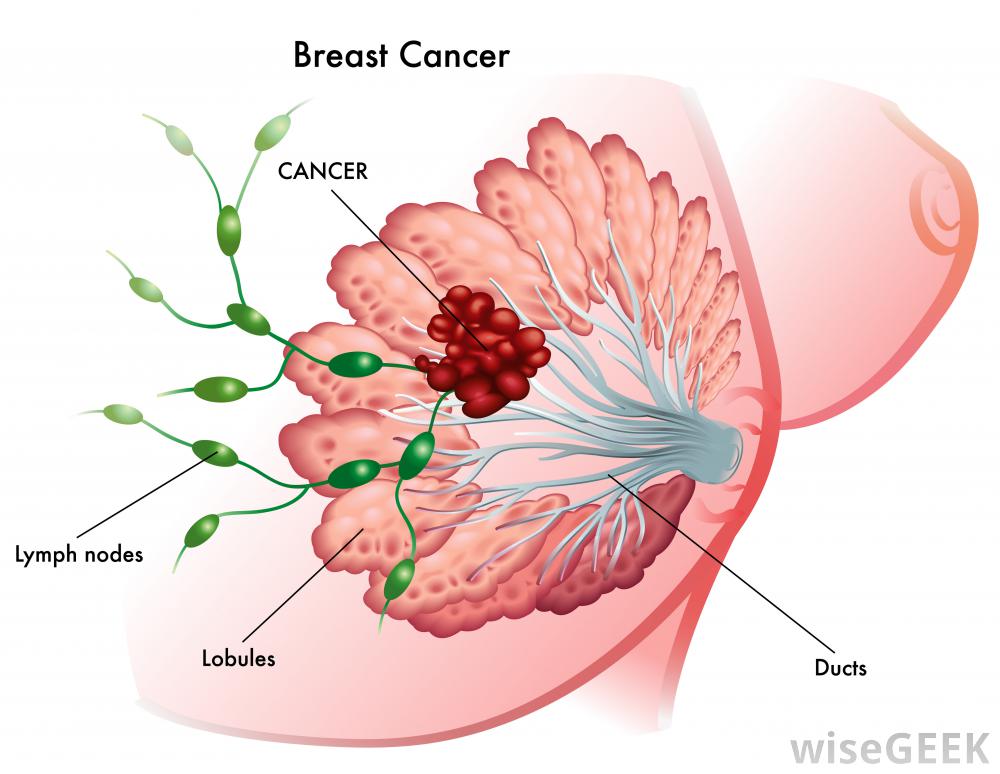Acupuncture is a safe, effective and durable treatment for vasomotor symptoms secondary to long-term antiestrogen hormone use in patients with breast cancer.
Hot Flashes and night sweats are a common side effect when using antiestrogen drugs for the treatment of breast cancer.
This study shows that the use of acupuncture is as effective for treating these side effects as is the commonly prescribed drug Effexor (venlafaxine). While both treatments relieved hot flashes and night sweats, commonly known as vasomotor symptoms, Effexor produced many unwanted problems while acupuncture had the “additional benefit of increased sex drive in some women, and most reported an improvement in their energy, clarity of thought, and sense of well-being.”
The article concludes that “Acupuncture appears to be equivalent to drug therapy in these patients. It is a safe, effective and durable treatment for vasomotor symptoms secondary to long-term antiestrogen hormone use in patients with breast cancer.”
I am hopeful that research such as this will influence insurance companies to cover the cost of acupuncture for those experiencing vasomotor symptoms due to antiestrogen therapy.
Antiestrogen therapy produces many side effects other than hot flashes and night sweats and it would be wonderful to face them with “increased energy, clarity of thought” and a “sense of well-being.”
Mary Miller- Breast Cancer Profile in Courage
Recommended Reading:
“PURPOSE: Vasomotor symptoms are common adverse effects of antiestrogen hormone treatment in conventional breast cancer care. Hormone replacement therapy is contraindicated in patients with breast cancer. Venlafaxine (Effexor), the therapy of choice for these symptoms, has numerous adverse effects. Recent studies suggest acupuncture may be effective in reducing vasomotor symptoms in menopausal women. This randomized controlled trial tested whether acupuncture reduces vasomotor symptoms and produces fewer adverse effects than venlafaxine.
PATIENTS AND METHODS: Fifty patients were randomly assigned to receive 12 weeks of acupuncture (n = 25) or venlafaxine (n = 25) treatment. Health outcomes were measured for up to 1 year post-treatment.
RESULTS: Both groups exhibited significant decreases in hot flashes, depressive symptoms, and other quality-of-life symptoms, including significant improvements in mental health from pre- to post-treatment. These changes were similar in both groups, indicating that acupuncture was as effective as venlafaxine. By 2 weeks post-treatment, the venlafaxine group experienced significant increases in hot flashes, whereas hot flashes in the acupuncture group remained at low levels. The venlafaxine group experienced 18 incidences of adverse effects (eg, nausea, dry mouth, dizziness, anxiety), whereas the acupuncture group experienced no negative adverse effects. Acupuncture had the additional benefit of increased sex drive in some women, and most reported an improvement in their energy, clarity of thought, and sense of well-being.
CONCLUSION: Acupuncture appears to be equivalent to drug therapy in these patients. It is a safe, effective and durable treatment for vasomotor symptoms secondary to long-term antiestrogen hormone use in patients with breast cancer.
“Most recently, another phase 3 trial, Southwest Oncology Group (SWOG) S1200, has shown that acupuncture is a viable alternative to medication to relieve symptoms related to cancer and cancer treatment—in this case, joint pain associated with aromatase inhibitors..”

